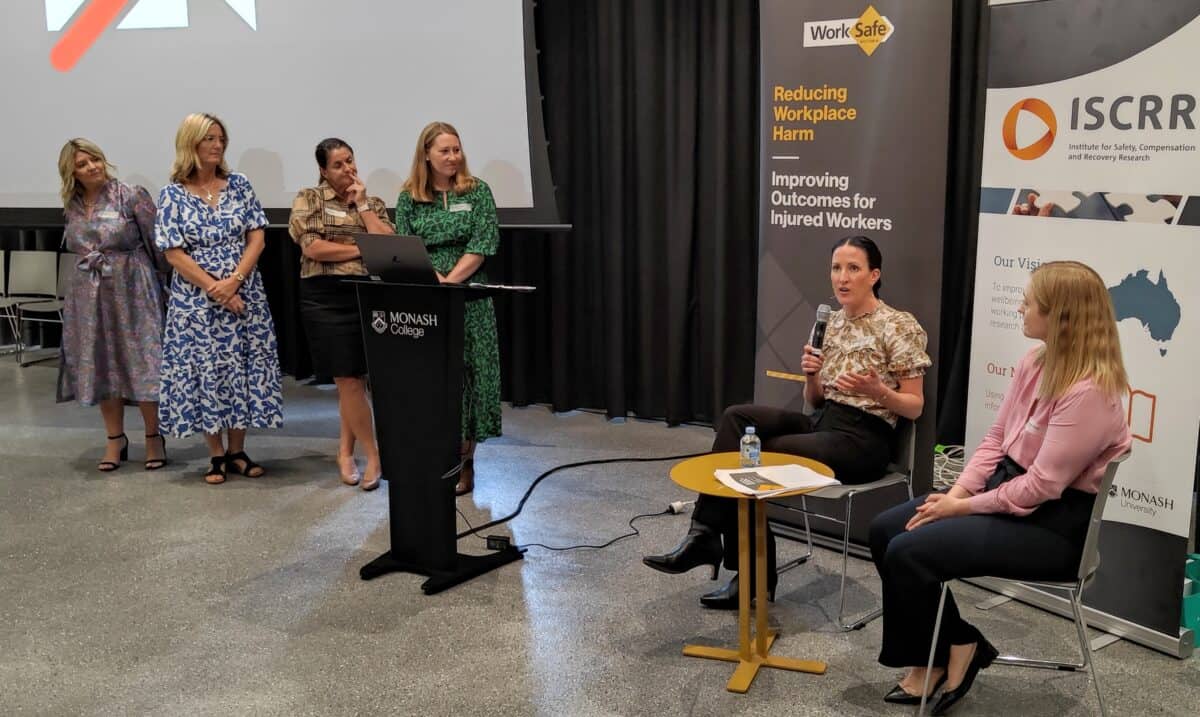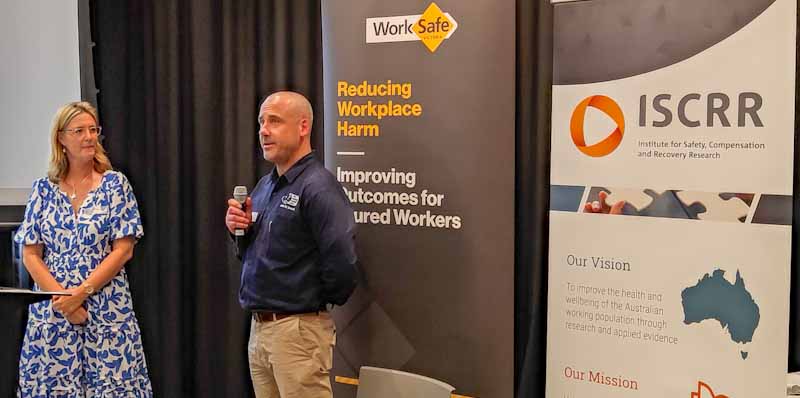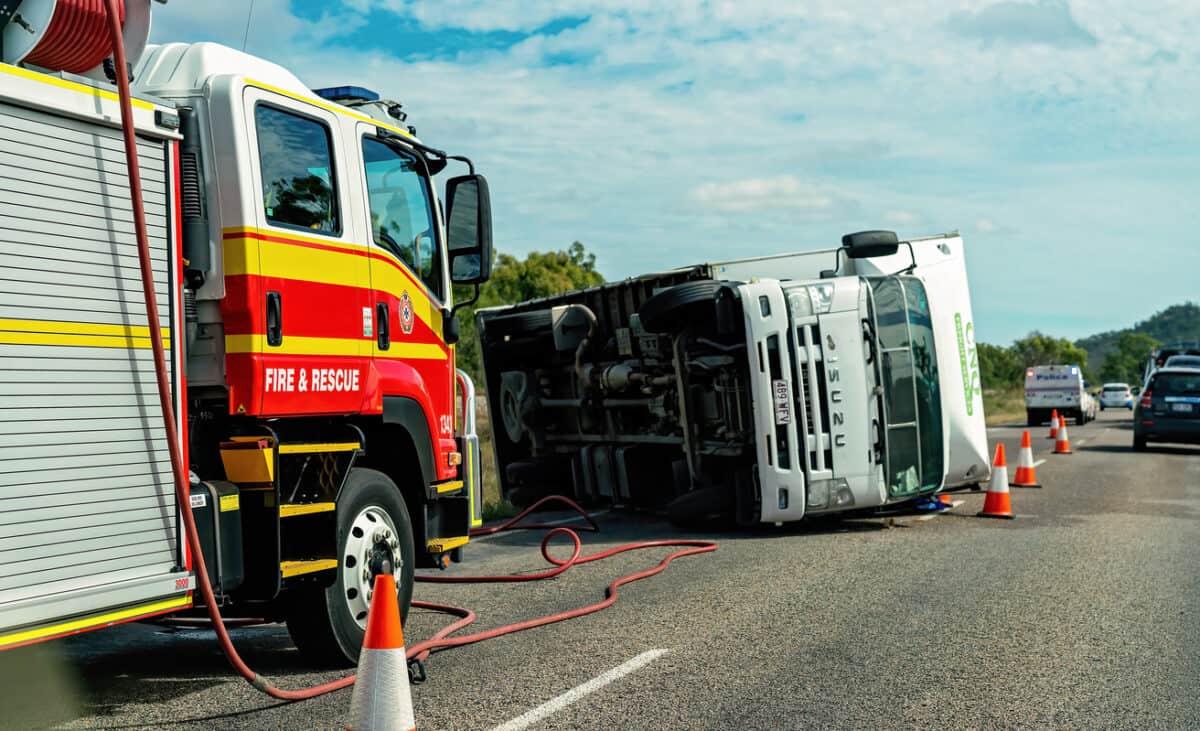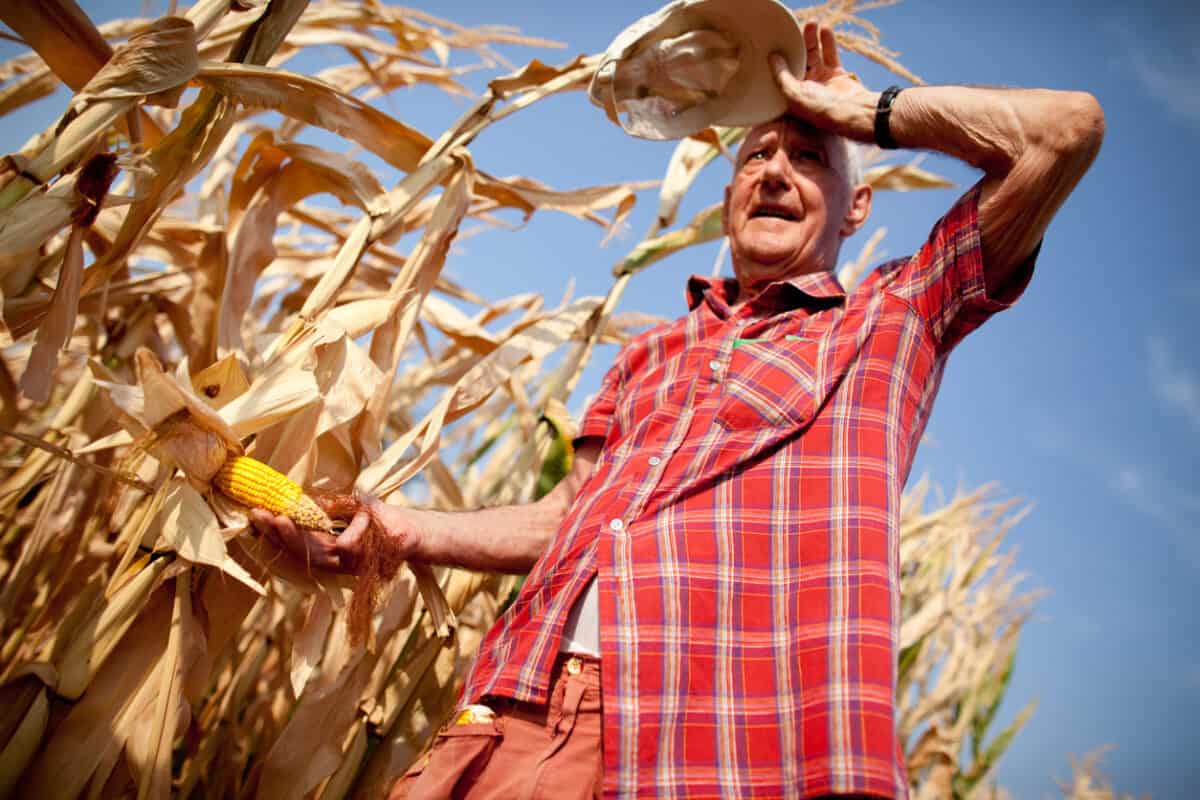“One of our key roles as the regulator is to understand why workplace injuries happen” –
Dr Natassia Goode. Worksafe Victoria, February 9, 2023.
Dr Goode made this statement at a research seminar for the Institute for Safety, Compensation and Recovery Research. She went on to explain those “widely acknowledged” causes in an expansive discussion about “systems thinking“.



![Industrial Manslaughter laws are spreading in Australia but are inconsistent [Open Access]](https://safetyatworkblog.com/wp-content/uploads/2023/02/cover-of-journal_of_work_vol1_no1_edited.jpg)



